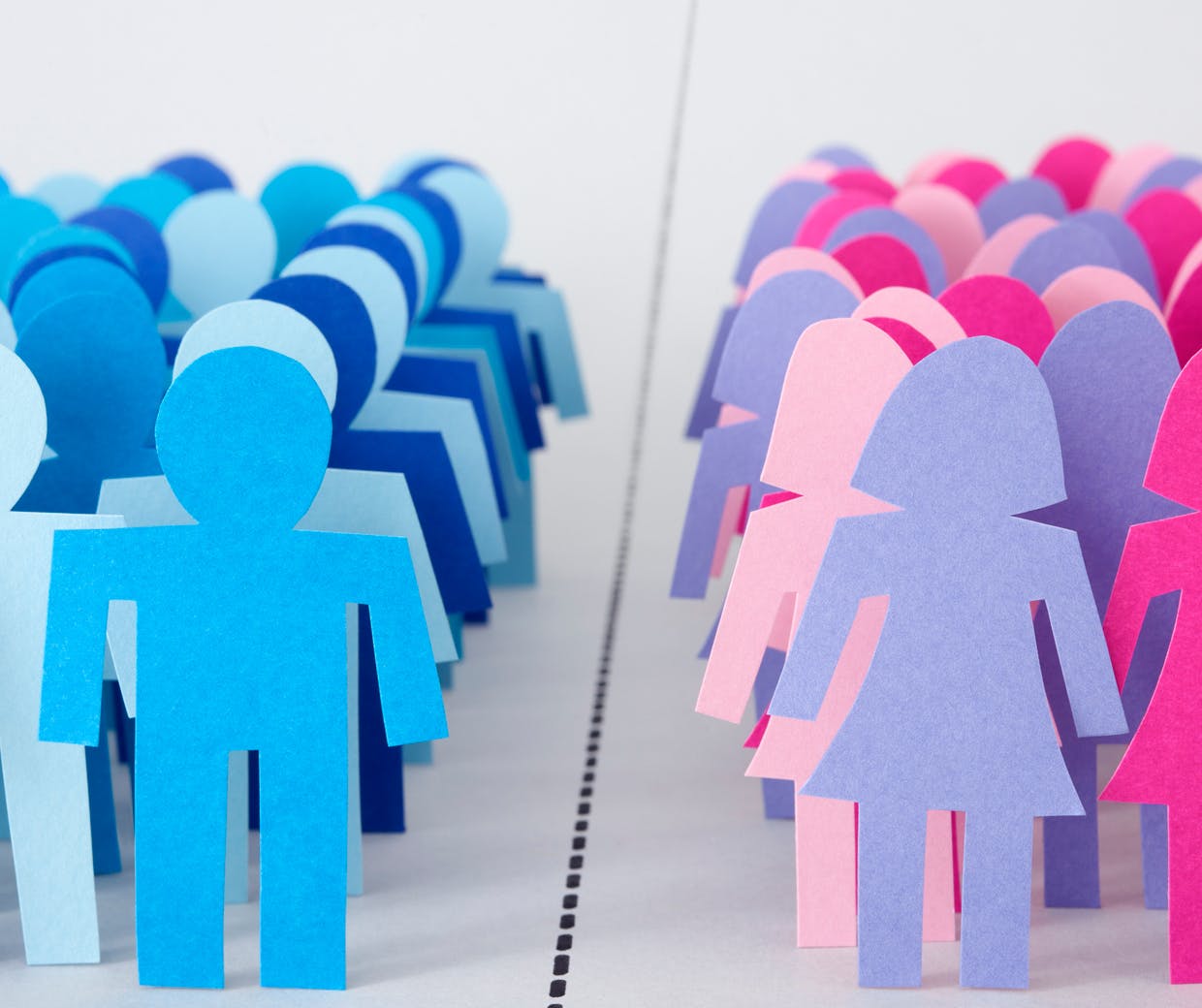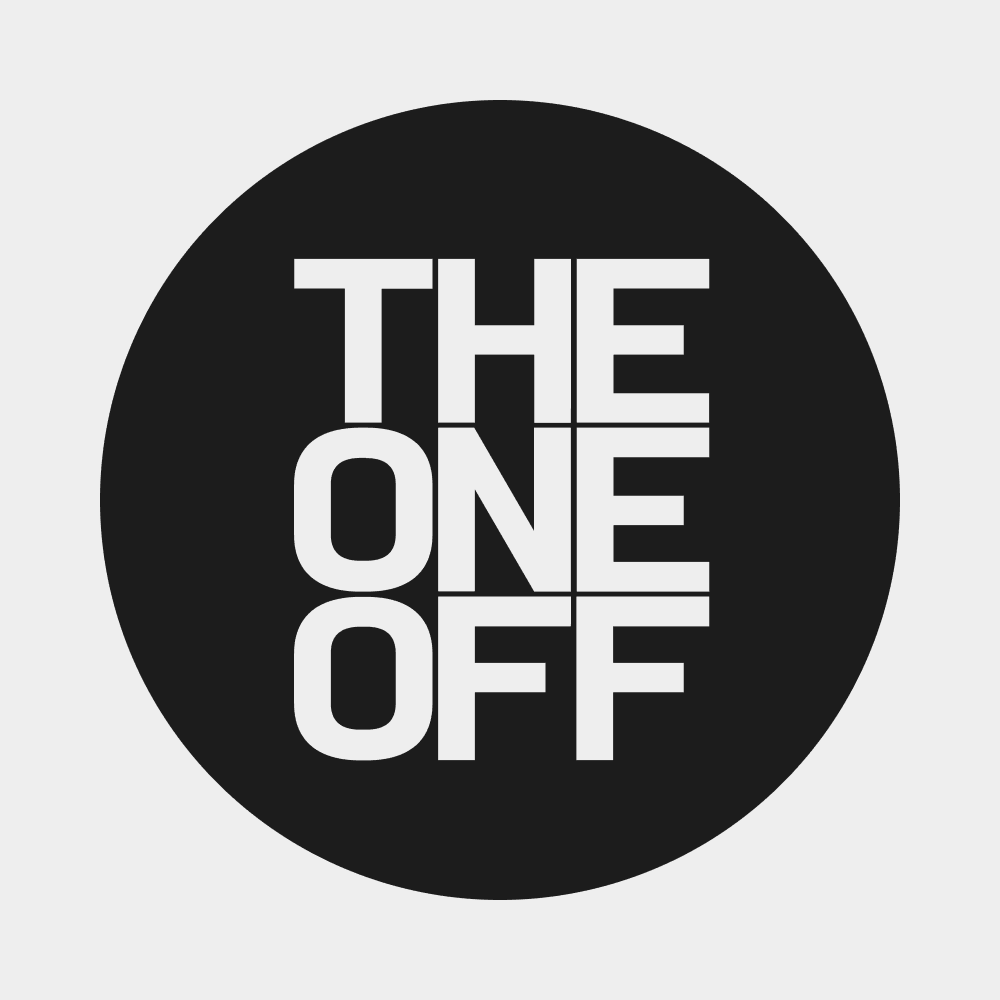Insights
New Standards in Advertising

Why did the Advertising Standards Authority feel that it had to step in and ban adverts from VW and Philadelphia? Is it too far, an example of unnecessary interference or do we need guidance and content control now more than ever?
The claim, that both these advertisements reinforced negative gender stereotypes is well founded but should they have been banned? This depends on the kind of society we want to grow up in and build.
The ASA’s fundamental position is that advertisements must not include gender stereotypes that are likely to cause harm, or serious widespread offence. This, in theory seems reasonable, however many cry ‘nanny state’ arguing that they aren’t gullible to this type of advertising. There is evidence, however, suggesting that harmful stereotypes can “restrict the choices, aspirations and opportunities of children, young people and adults and these stereotypes can be reinforced by some advertising, which plays a part in unequal gender outcomes.”
One’s views and biases affect one’s decision making, this is not a difficult concept to grasp. Studies published in the Social Psychological and Personality Science Journal earlier this year have shown the impact stereotyping can have on our decisions. In the legal sphere, a judge, for example who has more traditional views may be more likely to award custody of kids to a female parent or dismiss sexual harassment cases more readily.
If we accept the hypothesis that stereotyping has a negative effect, then surely there should be control on what businesses show and tell us. Guy Parker, Chief Executive of the Advertising Standards Authority states that:
A totally believable statement which is especially important in society which should look to unburden any limitations when it comes to potential.
Philadelphia’s ‘Dopey Dads’
So, why the ban on a Philadelphia cheese advert? Because it showed ‘dopey Dads’ being distracted by said cheese, resulting in a baby in a food conveyor topped off with a ‘don’t tell the Mrs’ line. The message that Dad’s can’t be trusted with the kids is outdated, damaging and the incorrect stereotype it reinforces will have consequences, entrenching negative, outdated opinions.
The principle here is that there should be regulations which prevent companies from promoting lazy tropes. Same goes for Amazon Echo ‘Dad’s Day’ which shows a Dad struggling to cope with parenting duties. It again reinforces the ‘incapable Dad role’ which is neither true nor funny.
Amazon Echo – ‘Remember Baby’
And Volkswagen too?
“Taking into account the overall impression of the ad, we considered that viewers were likely to focus on the occupations of the characters featured in the ad and observe a direct contrast between how the male and female characters were depicted…
… By juxtaposing images of men in extraordinary environments and carrying out adventurous activities (like athletics and being astronauts) with women who appeared passive or engaged in a stereotypical care-giving role (i.e. only asleep or looking after the baby), we considered that the ad directly contrasted stereotypical male and female roles and characteristics in a manner that gave the impression that they were exclusively associated with one gender.”
Volkswagen e-Golf Commercial
Fair enough. A bit of fore thought here would’ve seen VW’s underlying take away of ‘adapting to challenges’ as a universal, non-gender specific message and not what appears to be just a re-iteration of male/female stereotypes.
Personalised Targeting
There is also the overarching dilemma by which a high majority of content and experiences are now fed to us. They are no longer just personal and human intercommunications but are delivered 24/7 via targeted media by businesses with a motive to sell. And if, despite freedom of speech, all brands are appealing to existing prejudice, we will see narrow views align, tribalism build, and negative stereotyping continue.
This alignment will only deepen with the use of targeted messaging both entrenching and reinforcing our individual views of the world. We only see what we are served, an advertiser’s sleight of hand which seems insignificant but over time will only work to make the world more binary and less collaborative.
The banning of these advertisements is all a matter of interpretation, of course, but having an independent body establish what is negative for society is commonplace. Fundamentally, many companies, their senior staff and agencies just don’t see their own prejudice. They need to be held account.
What else is on the ban list?
Scenarios in ads likely to be problematic under the new rule include:
This is just the definition of sexism and people should have already moved on and be behaving better. it is shocking, for example, that Virgin have only recently changed their rules requiring female staff to wear make-up and a skirt during their shifts.
The world is hard enough without the pressure to conform to what is being reinforced by advertisers. We would welcome people in their diversity and variance, create a kinder society without bullying or insult. Determining personality traits simply by gender is limiting.
Nike are an example of a brand who have been able to maturely articulate stereotypes. Their campaigns show that girls are daring, adventurous and strong, and boys are caring, sensitive and they can express their feeling without ridicule.
Nike – Dream Crazier
To create a more intelligent campaign, brands should use gender stereotypes as a means to challenge their negative effects, not reinforce them. Like the portrayal of toxic masculinity in the Gillette advert, ‘The Best Men Can Be’ which corrects the acceptance of ‘boys will be boys’ behaviour.
Gillette – The Best Men Can Be
Let’s not dumb down masculinity and femininity; just redefine it. Re-establish what being a good role model is about. The Gillette campaign caused controversy but only because it inadvertently created a view on being a man that for most men just isn’t real.
Just don’t demean anyone in advertising. Keep the setting balanced and be aware of stereotyping overshadowing the message you are trying to deliver.
Now this one is going to rock the world. Programmes that deal with the relationship between how you look and how successful you are in your romantic or social lives will be challenged. The rule and its supporting guidance doesn’t stop ads from featuring: ‘Glamourous, attractive, successful, aspirational or healthy people or lifestyles” but this guideline deals specifically with physique.
Love Island – 2019 Contestants
Love Island and its partnerships with Samsung S10, Jet 2, Lucozade, I Saw It First and Uber Eats is an example of a show that could come under scrutiny. A programme loaded with adverts, product placement and sponsorship in which it could be argued that the physique of the contestants is critical.
Love Island has been in trouble previously for promoting unhealthy behaviour and this quote from Cowles suggests that contestants will always be chosen on a certain criteria, which is inevitably linked to physical appearance, physique and their ability to be successful romantically.
And what is still A(SA)-OK?
Showing one gender only is still acceptable, including in ads for products developed for and aimed at one gender. This will no doubt be a loophole for stereotyping in some cases, however won’t allow as intrinsically negative performances.
The 2017 advert for Aptamil baby milk formula is a good example of this. It shows a baby girl growing up to become a ballerina and a boy becoming an engineer, which under these guidelines is not a problem. It is not until you show or compare the two to draw a conclusion as to the potential for boys and girls roles in life that you come unstuck.
Aptamil Advert – 2017
But has it all gone too far?
There is a risk that it could, but like everything, there is a balance. We have many issues that are as pressing and more important, such as equality in pay, bullying and sexual harassment in the workplace. But by dealing with the negative stereotyping through these guidelines we will be able to raise and reflect many peoples deep rooted sexism and cure it.
And don’t think these adverts don’t affect you or your kids, they do. Businesses are constantly selling to us and adverts can change opinion for good and bad. The Cambridge Analytica scandal is a brilliant lesson in how effective communications can be when highly targeted.
We want better and need more open and accepting attitudes.
So, the guide is, ask yourself and people around you with different views to your own;
Is the ad based on a great idea? Tick.
Is it true to real life, fair and representative? Is it helping us to fulfil our potential? Do it more.
Is it bullying, degrading, negative or insulting to us? Then stop.
The world will be a better place for it.
